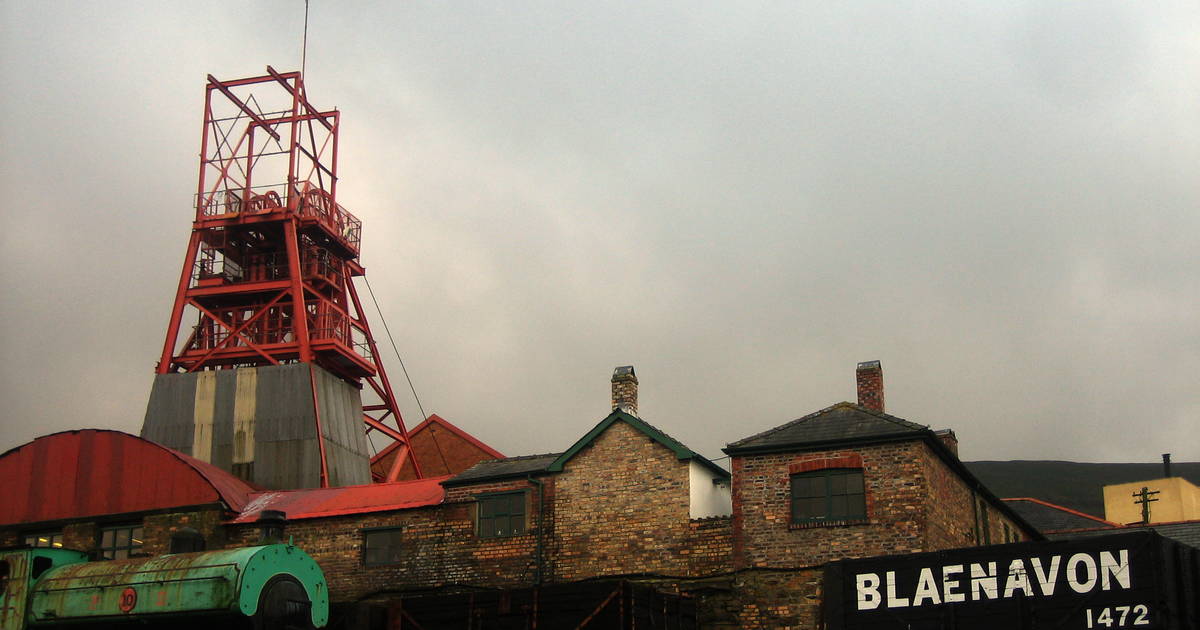The Dublin Principles
2020
Around the World, a great diversity of sites, structures, complexes, cities and settlements, areas, landscapes and routes bear witness to human activities of industrial extraction and production. In many places, this heritage is still in use and industrialisation is still an active process with a sense of historical continuity, while in other places it offers archaeological evidence of past activities and technologies. Besides the tangible heritage associated with industrial technology and processes, engineering, architecture and town-planning, it includes many intangible dimensions embodied in the skills, memories and social life of workers and their communities. The global process of industrialisation observed over the past two centuries constitutes a major stage of human history, making its heritage particularly important and critical to the Modern World. Precursors and beginnings of industrialisation can be recognized in many parts of the world well back into ancient times through active or archaeological sites, and our attention extends to any examples of such process and its heritage. However, for our purposes, these joint principles’ primary interests coincide with the common notions of the Modern Era Industrial Revolution, marked by distinctive and dedicated production, transportation and power-generating or harnessing processes and technologies, trade and commercial interactions, and new social and cultural patterns
